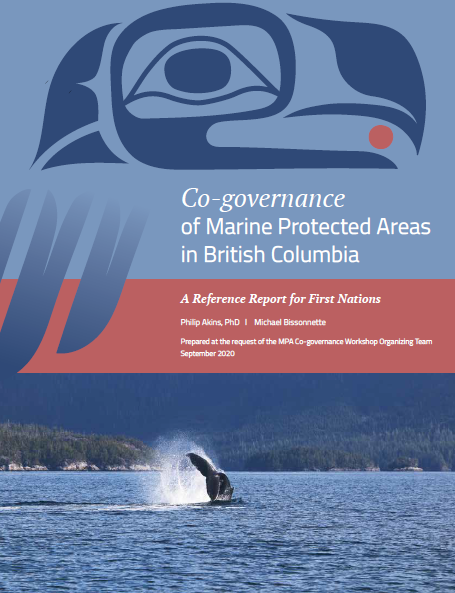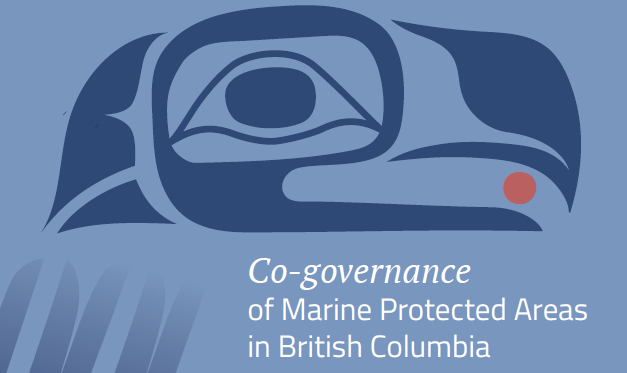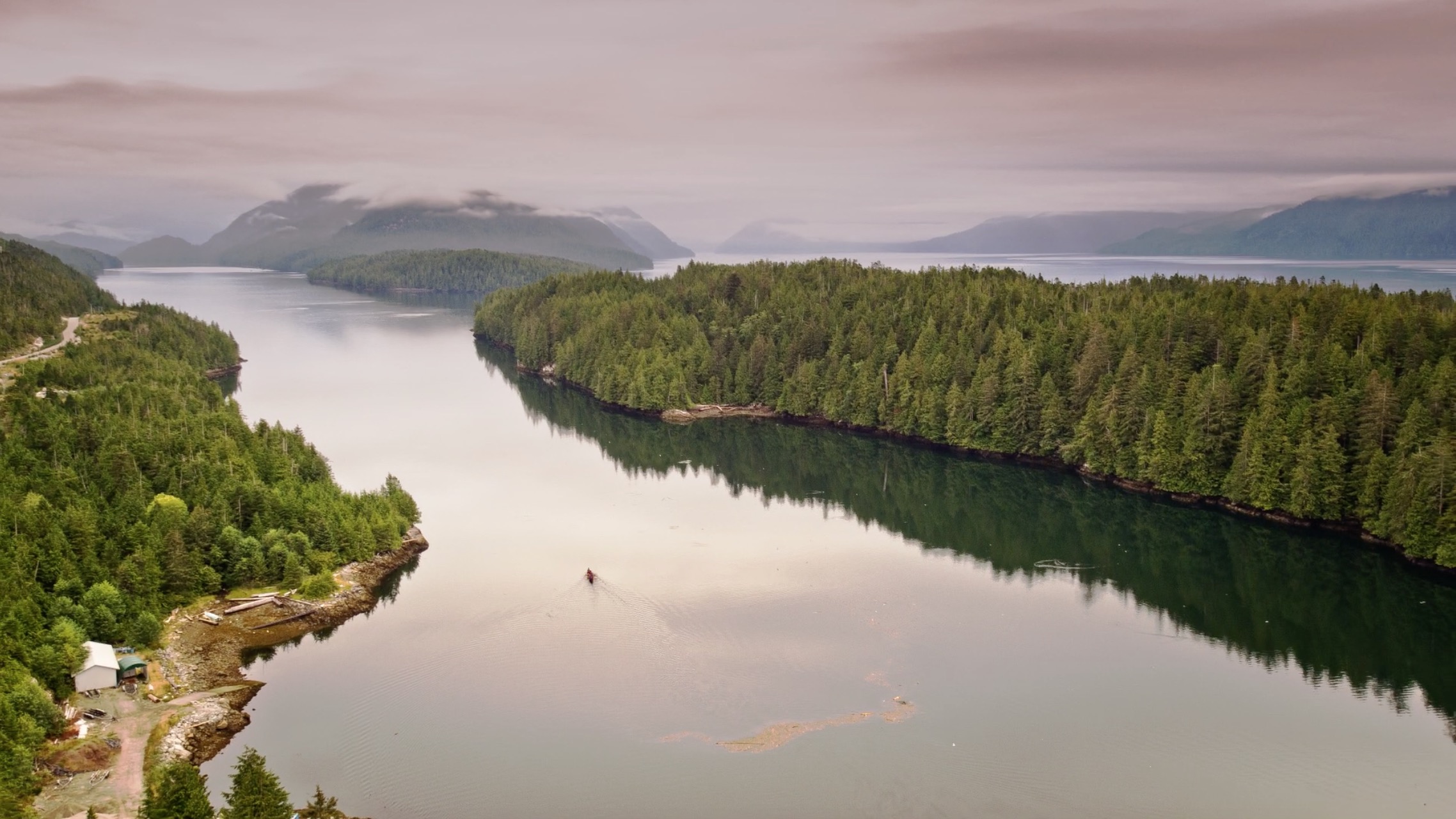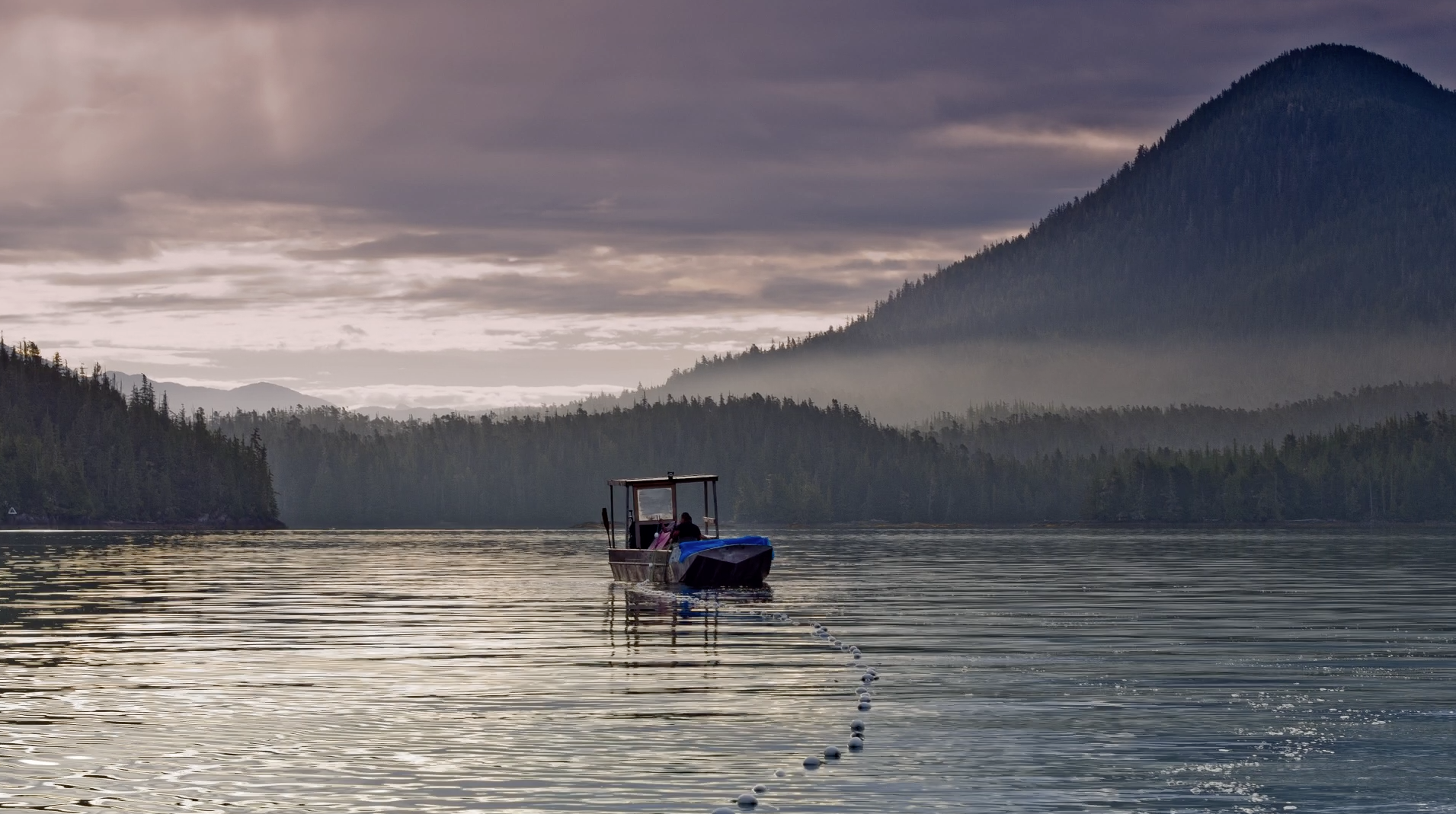 Plans from federal and provincial governments to increase protection of marine and coastal areas along the North Pacific Coast will have significant implications for coastal First Nations. The cultural and economic well-being of coastal communities depend heavily on these marine ecosystems and, as traditional stewards of these areas, First Nations have unique rights concerning their management.
Plans from federal and provincial governments to increase protection of marine and coastal areas along the North Pacific Coast will have significant implications for coastal First Nations. The cultural and economic well-being of coastal communities depend heavily on these marine ecosystems and, as traditional stewards of these areas, First Nations have unique rights concerning their management.
Marine Protected Areas (MPAs) within coastal territories could align well with First Nations’ interests, as long as they are created through strong co-governance arrangements that support Indigenous authority and responsibility to manage their own territories.
In November 2019, a MPA Co-Governance Workshop was held in Nanaimo, BC, involving a diverse range of participants. The organizers of that workshop have released a new report, Co-governance of Marine Protected Areas in British Columbia, produced in partnership and collaboration with Pacific coast First Nations.
The report highlights some lessons that have already been learned by First Nations about both risks and opportunities that are associated with MPA designations and co-governance arrangements, and how these can be realized in a best way possible for coastal communities.
This report represents an important tool to advance reconciliation and align with B.C’s Declaration on the Rights of Indigenous Peoples Act (UNDRIP), and recognizes the importance of working at a Nation-to-Nation level. The report will serve as a reference for First Nations communities and governments engaged or contemplating engagement in MPA co-governance with Crown governments, and can also serve as a resource for the implementation of Indigenous Protected and Conserved Areas and other Indigenous-led conservation initiatives.


